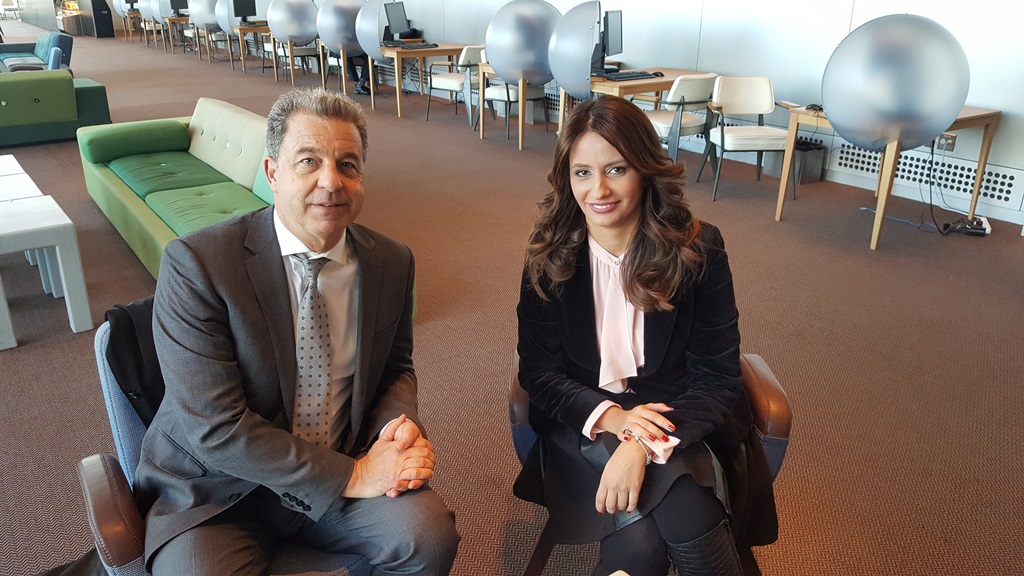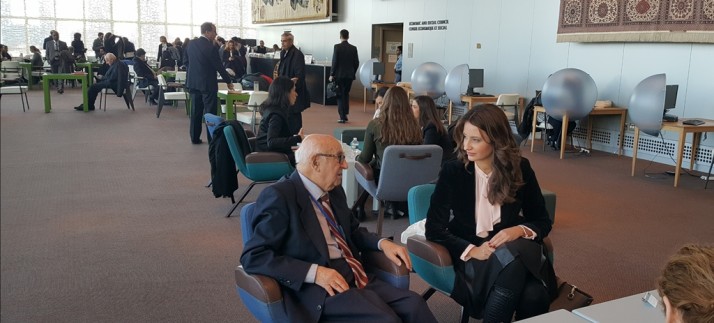As part of her trip to New York to represent Serbia in the Security Council regular session on the International Residual Mechanism for Criminal Tribunals’ new six-month report, Justice Minister Nela Kuburović met with Mechanism President Theodor Meron and the former ICTY Chief Prosecutor, now Mechanism Chief Prosecutor Serge Brammertz.
In her meeting with Mechanism President Meron, Minister Kuburović again raised the question of Serbian convicts’ transfer out of Estonia due to indeaquate prison conditions. Meron said he personally believed those convicts ought to be relocated to another country and that he sympathised with the convicts’ families. He also applauded Serbia’s position on establishing an Information Centre in Belgrade, which would allow access to the ICTY Archives. He explained that guidelines on how the countries ought to establish the Centre were being drafted, that court judgements were being translated into the host countries’ languages and that the tribunals’ Archives were being set up. Discussing the remaining cases against Serbs before the Mechanism, Meron said that the appeals decision in the Karadžić case was expected by the end of March 2019.
Following her meeting with President Meron, Minister Kuburović met with Chief Prosecutor Brammertz to discuss the latest Report on the former SFRY republics’ cooperation with the Mechanism. The Justice Minister stressed that in the previous two years Serbia had significantly improved the capacity of the War Crimes Prosecutor’s Office so that it would have all the necessary conditions to prosecute most efficiently those accused of the most serious crimes against humanity regardless of their nationalities or ethnicity. Brammertz noted that the new Report stated that there was a lack of regional cooperation in prosecuting war crimes before domestic courts of Croatia, Bosnia-Herzegovina and Serbia, that glorification of individuals convicted of war crimes was unacceptable and that it was important that all the countries committed to finding missing persons.
The Justice Minister said that she did not agree with the statement that regional cooperation was lacking, explaining that Serbia had been responding to Croatia’s and Bosnia-Herzegovina’s requests regularly while it did not find there to be a reciprocal cooperation willingness. She also stated that Nebojša Pavković’s published memoires did not merit such harsh criticism from the Prosecutor or the Mechanism, especially when the national glorifications of Naser Orić and Slobodan Prljak were absent of all such criticism.




